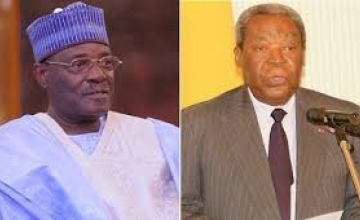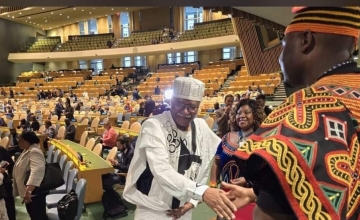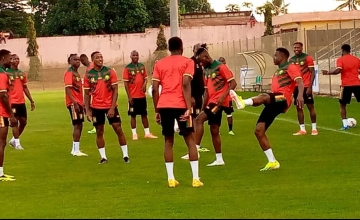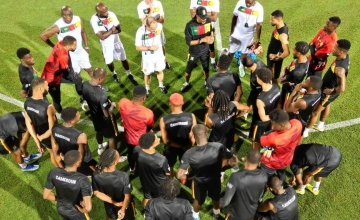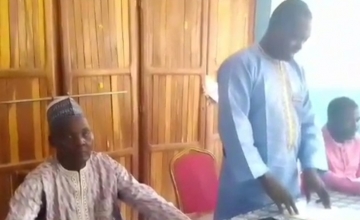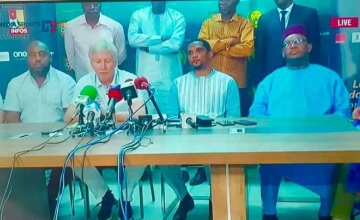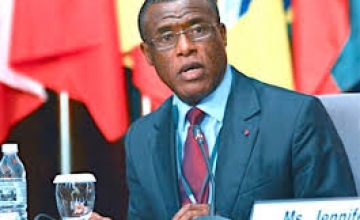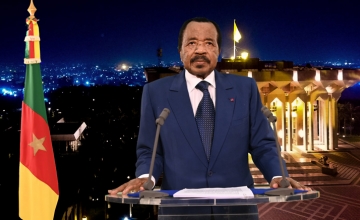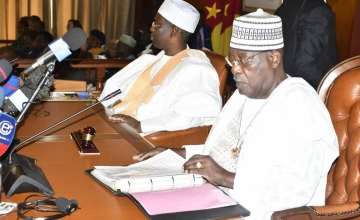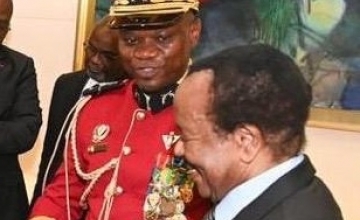
“Armed separatists kidnapped Paul (not his real name), a humanitarian worker, in Cameroon’s English-speaking North-West region on Saturday. They accused him of being a spy, tied him up to a tree, and savagely beat him before releasing him on Sunday,” Ilaria Allegrozzi, Senior Central Africa Researcher for Human Rights Watch said in a June 4 dispatch. “That same day, separatists also abducted seven staff of the Cameroon Baptist Convention Health Services, a faith-based non-profit in Bambui, North-West region. They were released two days later.”
HRW reveals that these two recent attacks are just the latest in a long line of incidents in which aid workers have been attacked by English-speaking separatists fighting Cameroon’s military.
“But separatists are not the only ones responsible for the attacks against aid workers and humanitarian operations that have been commonplace since the crisis began in late 2016,” writes Allegrozzi. “Government forces also bear responsibility. Aid workers have been victims of unlawful killings, abductions, harassment, extortion, and other abuses as supplies and property have been looted and destroyed. Humanitarian access has been severely hindered by the violence, as well as by deliberate actions carried out by the separatists and government forces and authorities.”
The latest attacks are known to have occurred just five days before the United Nations Humanitarian Coordinator in Cameroon, Allegra Baiocchi, expressed grave concern over the interruption of aid delivery to hundreds of thousands of people in need, following the escalating trend of attacks against humanitarians.
Attacks against aid workers disrupt the provision of life-saving assistance and services to people in need.
The dispatch notes that Cameroon’s Anglophone regions face a serious humanitarian crisis, with over 650,000 internally displaced, and 1.8 million relying on humanitarian aid including 1.4 million people who lack reliable access to food.
Despite the call for a Covid-19 ceasefire by one of the separatist groups, Southern Cameroons Defence Forces (SOCADEF) in March – a move welcomed by UN secretary-general’s spokesperson – fighting in the Anglophone regions has not subsided.
“Humanitarian workers play a vital role, often operating in difficult conditions to alleviate suffering. Government forces and all separatist armed groups should immediately end all attacks against humanitarians and other civilians, hold those who commit them to account, and allow unhindered humanitarian access,” said Allegrozzi.

